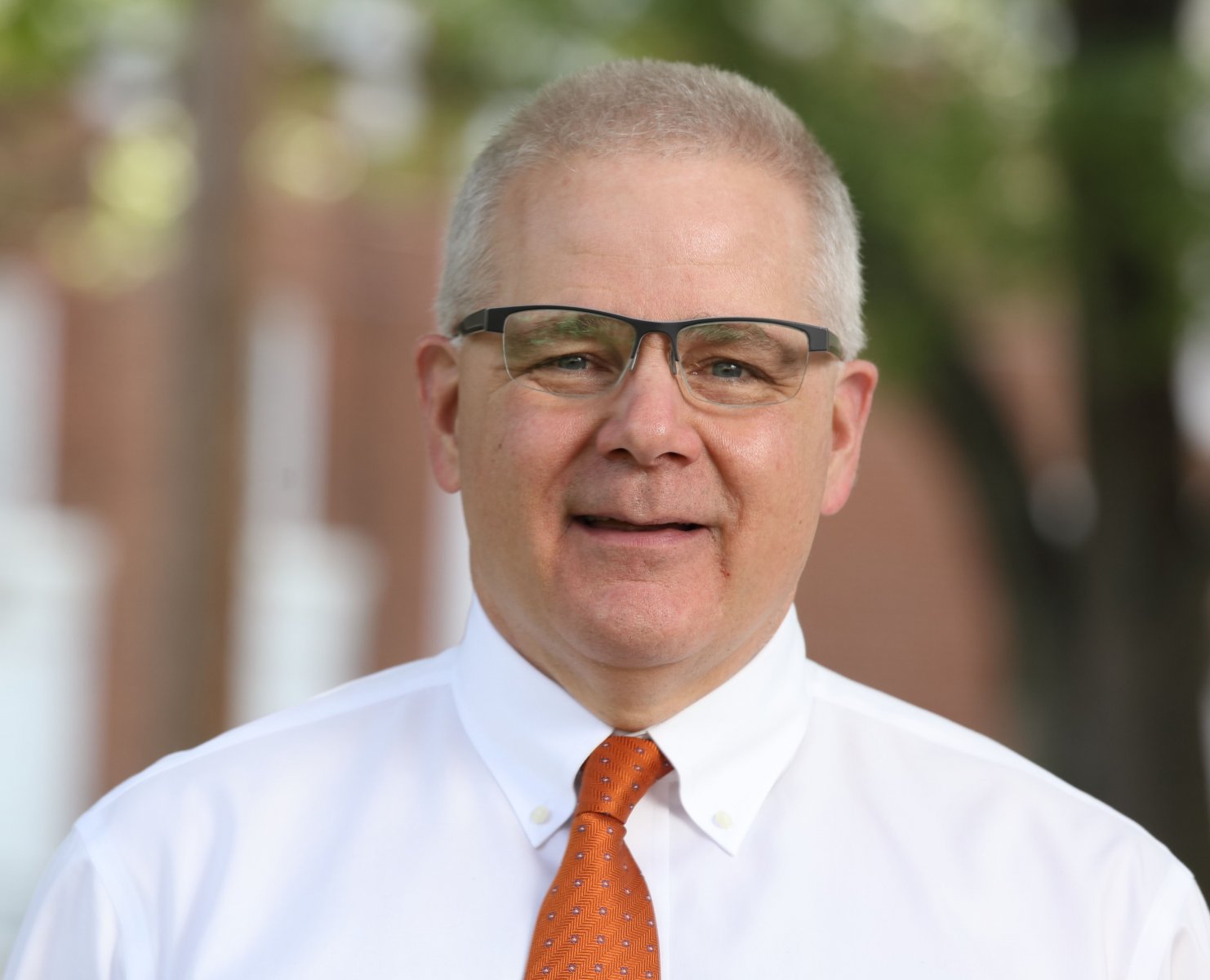
Dr. Craig Benson, Dean of the School of Engineering at the University of Virginia, will present “Sustainability: Compelling Value Proposition for Civil & Environmental Engineering”.
April 11, 2019
10:30 – 11:30 AM
Scott Engineering Center 237 / Peter Kiewit Institute 250
Abstract:
Composite barriers consisting of a geomembrane overlying a compacted clay barrier or geosynthetic clay liner (GCL) have been a mainstay of liner and cover systems for waste containment since the advent of Subtitle D of the Resource Conservation and Recovery Act. Geomembranes comprised of high-density polyethylene (HDPE) and GCLs with sodium bentonite are the most common barrier materials today, and have proven as highly effective in municipal solid waste (MSW) landfills. New waste streams and unanticipated conditions, such as coal combustion products (CCPs) and elevated temperature landfills (ETLFs), can require innovative barrier materials that have unique properties or resilience when exposed to unusual leachates or gases with chemistry outside the norm for MSW landfills. Three of these innovative barrier materials are described in this presentation: bentonite-polymer composite (BPC) GCLs, co-laminated geomembranes (CLGMs) with a resistive core, and multi-sorbing barrier (MSB) materials. These barriers provide unique resistance to extreme leachates (e.g., BPC GCLs for CCP leachates), high resistance to transport of organic compounds (e.g., CLGMs for odiferous compounds from ETLFs), and capability to sequester a range of challenging contaminants (e.g., MSB to sequester mercury and anionic radionuclides). Opportunities are described where these new barrier materials can be used to solve challenging containment problems. Technology challenges for each of these innovative materials are described.
Bio:
Craig H. Benson is Dean of the School of Engineering at the University of Virginia as well as the Hamilton Endowed Chair in Engineering. Dr. Benson has a BS from Lehigh University and MSE and PhD degrees from the University of Texas at Austin. Prior to joining the University of Virginia, Dean Benson was appointed as a Distinguished Professor, Chair of Civil and Environmental Engineering, and Chair of Geological Engineering at the University of Wisconsin-Madison. He was also Director of Sustainability Research and Education for the University of Wisconsin-Madison, leading one of the three cross-campus strategic initiatives.
During Benson’s time at UVA, the School of Engineering has developed a new strategic plan focused on interdisciplinary research and education that has developed linkages between traditional academic units within the School of Engineering and amongst the other schools and colleges at UVA. The research enterprise has grown more than 30% each year, and the School has received more than $60M in strategic investments. Enhancing diversity is a pillar of the strategic plan, which has included a $30M Clark Scholars endowment to provide scholarships for 80 diverse undergraduate students in Engineering. Amongst public universities, the School of Engineering has achieved the highest 4-yr graduation rate, the highest 4-yr graduation rate for African American students, and the highest percentage of women engineering undergraduates in the nation. The graduate student population in Engineering has grown substantially, including a 68% increase in PhD students, and is now the second largest at UVA next to the School of Medicine. The number of women and African American applicants to the PhD program has more than doubled, and graduate program rankings are on a steady upward trend.
Dr. Benson is an eminent scholar in geoenvironmental engineering and a professional engineer with a career-long record of public and professional service. Dr. Benson served on the Environmental Engineering Committee of the US Environmental Protection Agency’s Science Advisory Board and currently serves on ExxonMobil’s Sustainability Advisory Committee and the National Academy of Engineering’s Roundtable Linking Academic Engineering Research and Defense Basic Science. He also serves as Chair of the Board of Directors for the Commonwealth Center for Advanced Manufacturing, an industrial consortium focused on developing advanced manufacturing technology for US industry. He is a fellow of the National Academy of Inventors (NAI), a fellow of the American Academy for Advancement of Science (AAAS), and a member of the National Academy of Engineering (NAE).